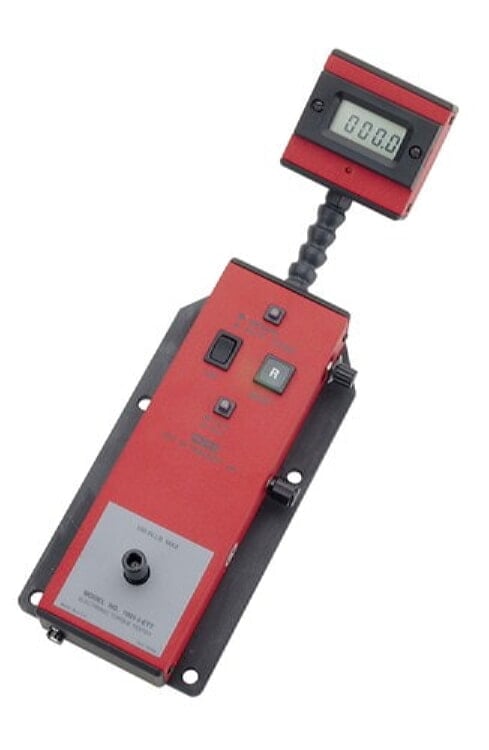Interesting and Innovative Products

Torque Testers Safety Tips
Torque testers are essential for measuring the torque or rotational force of various objects such as nuts, bolts, and screws. They are commonly used in manufacturing, engineering, and construction industries. However, torque testers, like any tool, can be safe if used correctly.
This blog post will discuss some essential safety tips when using torque testers.
- Proper Training: It’s essential to receive appropriate training on how to use torque testers safely. If you need to become more familiar with the tool, seek assistance from a more experienced colleague or supervisor who can guide you on correctly operating the torque tester.
- Protective Gear: Always wear appropriate protective gear when using a torque tester. Protective gear may include safety goggles, gloves, and earplugs to protect against flying debris, noise, and vibration.
- Calibration: Make sure that the torque tester is calibrated correctly before use. Incorrect calibration can lead to inaccurate torque readings, which can cause accidents and damage to equipment.
- Secure Fasteners: Ensure that the object you are testing is securely fastened to prevent it from slipping or flying off during the testing process.
- Keep Torque Tester Clean: Keep the torque tester clean and well-maintained to ensure it functions correctly. Regularly check for wear and tear, and replace any damaged or worn parts immediately.
- Avoid Overheating: Avoid overheating the torque tester, as this can damage the internal components and lead to inaccurate readings. Take breaks between tests to allow the tool to cool down.
- Use in a Safe Location: Always use the torque tester in a safe location with adequate ventilation and good lighting. Avoid using it in areas with flammable materials or confined spaces.
- Don’t Use with Force: Do not use force to apply torque when using a torque tester. Let the tool do the work for you. Using excessive force can damage the tool and lead to inaccurate readings.
Proper Torque Range: Use the torque tester within its acceptable range. Avoid applying excessive torque beyond the tester’s maximum capacity, damaging the tool and leading to inaccurate readings.
In conclusion, torque testers are essential for many industries, but they must be used safely and correctly to prevent accidents and injuries. By following these safety tips, you can ensure that you are using the torque tester safely and accurately. Remember always to prioritize safety when using any tool or equipment.